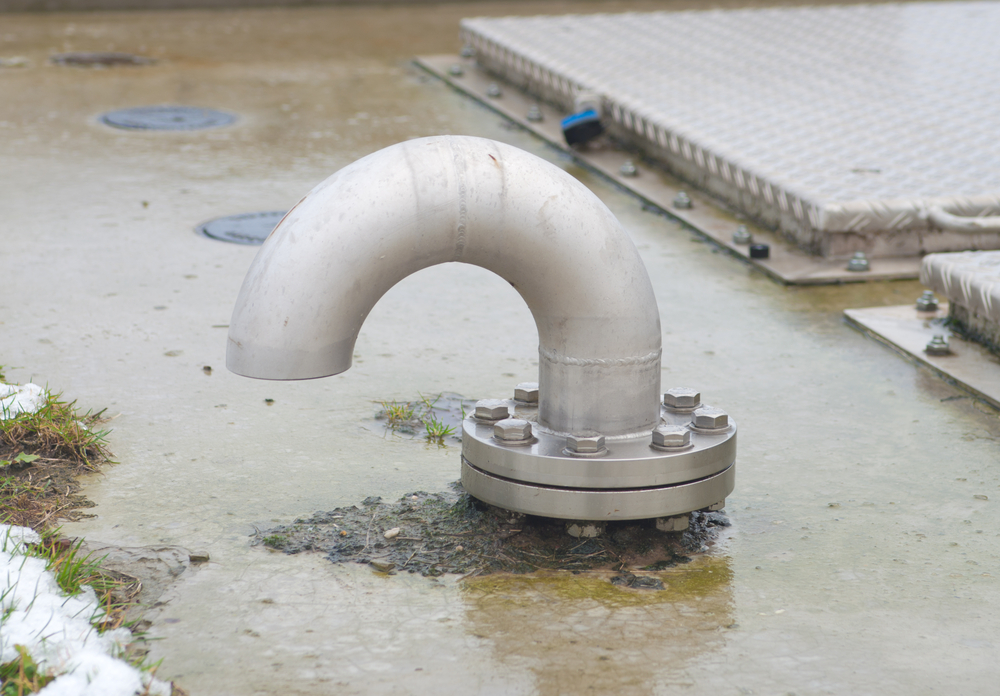If you’ve ever seen a pipe or even something that looks like a small tower on top of your neighbor’s roof, it’s most likely not a chimney. It’s actually a plumbing vent! Plumbing vents are crucial to a functioning plumbing system and there could be serious problems if they’re blocked. Read on to learn what they are and what can happen if they’re not properly maintained.
There are several types of plumbing vents, but the most common are stack vents and roof vents. Stack vents are typically located near the top of the plumbing stack, which is a vertical pipe that connects all of the plumbing fixtures in a building. The stack vent allows for the release of gases and air from the plumbing system, and also helps to equalize the pressure within the pipes.
Roof vents are typically located on the roof of a building and serve the same purpose as stack vents. Both stack vents and roof vents are connected to the plumbing system through a series of pipes called vent lines. These vent lines run from the plumbing fixtures to the vent and help regulate the air pressure within your plumbing system.
It is important to ensure that the plumbing venting system is properly installed and maintained, as a malfunctioning vent can cause major problems with the plumbing system that can be quite costly if left unchecked.


